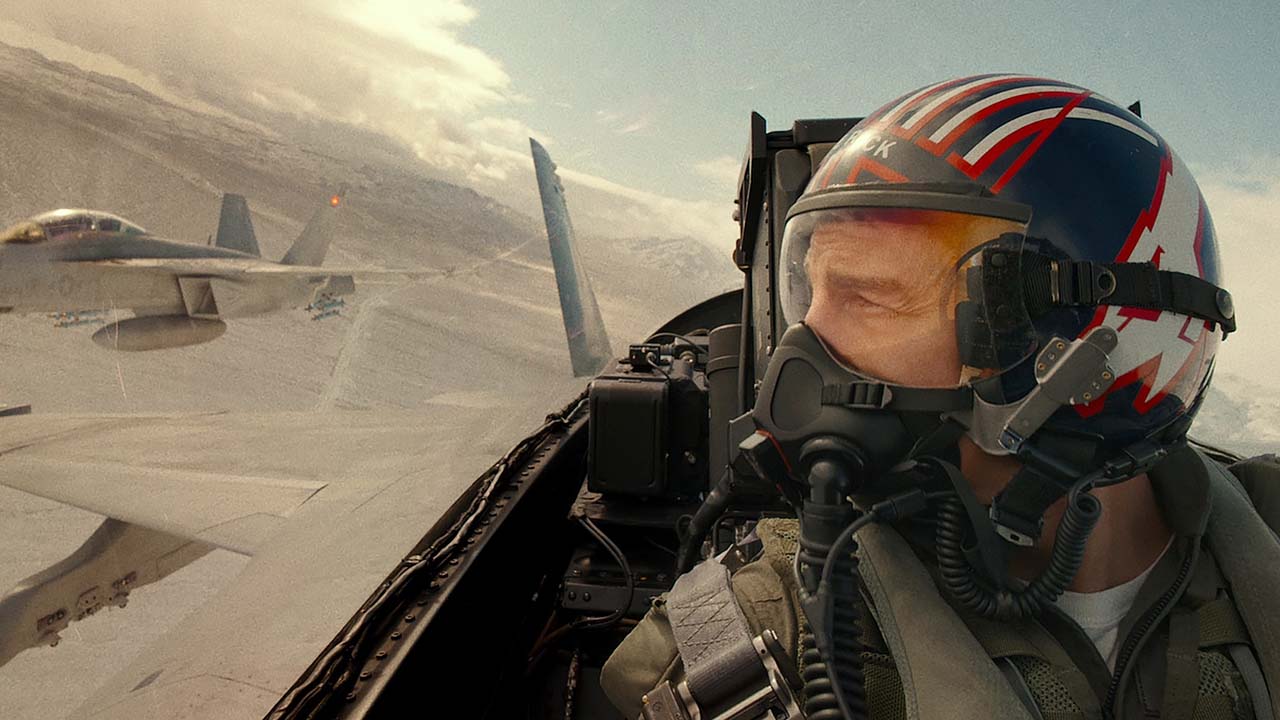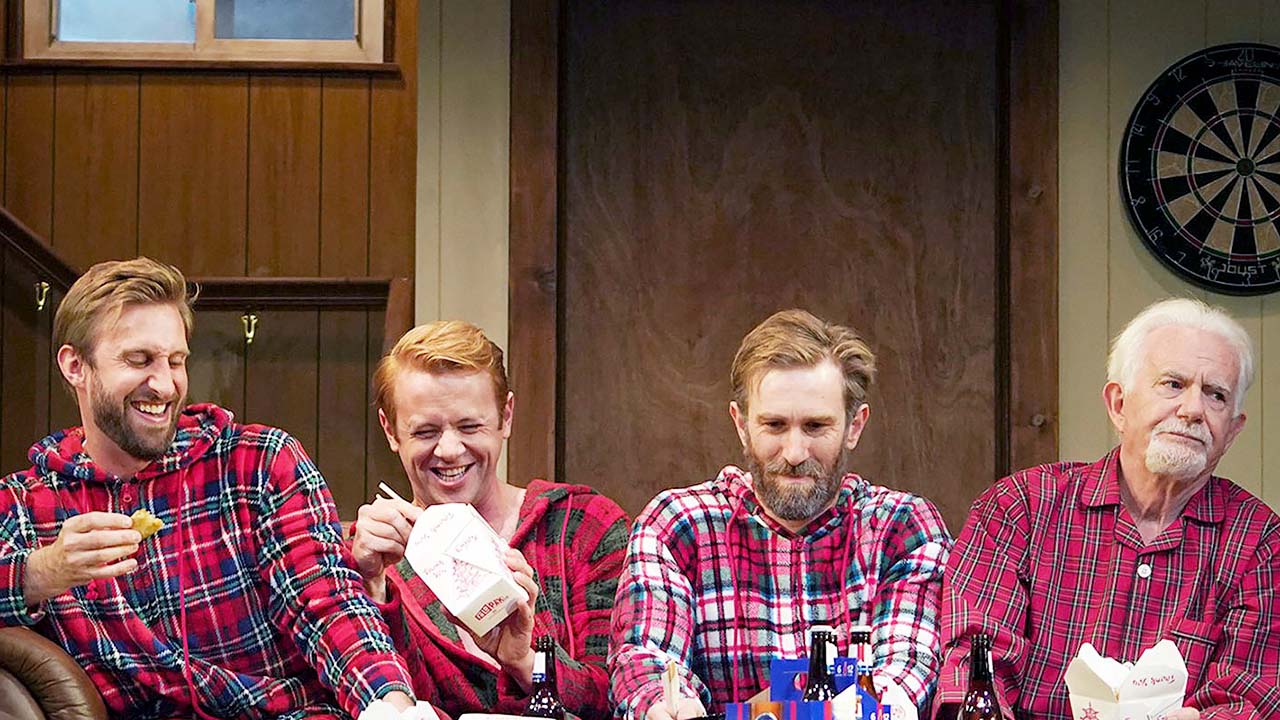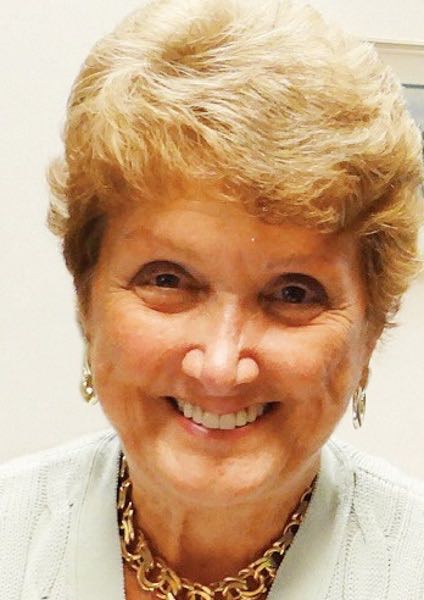Susan Granger on Stage & Screen

Top Gun: Maverick

After welcoming audiences into the theater, Tom Cruise flies high in “Top Gun: Maverick” as a defiant, daredevil fighter pilot, pushing a plane’s limits — and that’s just the opening sequence.
Still a U.S. Navy Captain, Pete ‘Maverick’ Mitchell is ordered back to the elite training program, Top Gun Academy in San Diego, to prepare a group of rowdy hotshots for a dangerous overseas mission. They’re to destroy a uranium enrichment plant that’s been cleverly hidden in a heavily-fortified valley surrounded by steep mountains.
“It’s not the plane, it’s the pilot,” he tells them. But the assignment is an emotional minefield because one of the young aviators is ‘Rooster’ Bradshaw (Miles Teller), the resentful son of his best buddy ‘Goose’ (Anthony Edwards), and Maverick still feels guilty about his late wingman’s accidental death.
Rooster’s super-competitive teammates include cocky Hangman (Glen Powell), Phoenix (Monica Barbaro), Coyote (Greg Tarzan Davis), Fanboy (Danny Ramirez), Payback (Jay Ellis) and geeky Bob (Lewis Pullman).
Although the rule-breaking rebel’s leadership is opposed by Senior Officer ‘Cyclone’ (Jon Hamm), he’s outranked by ailing Admiral Tom ‘Iceman’ Kazansky (Val Kilmer), who knows Maverick’s legendary unorthodox approach is the only way to get the difficult job done.
Meanwhile, there’s still some unfinished business in the romance department with Penny Benjamin (Jennifer Connelly), a local barkeep whose heart Maverick broke years ago.
Director Joseph Kosinski, cinematographer Claudio Miranda, editor Eddie Hamilton and writers Ehren Kruger, Eric Warren Singer and Christopher McQuarrie remind us of the nostalgic ‘need for speed’ from Tony Scott’s iconic “Top Gun” (1986).
Credit Tom Cruise’s convincing performance for evoking genuine emotional involvement as Maverick tries to let go of the past. And at his insistence, there are no green screen or CGI aerial shots. Even the close-up cockpit shots are taken during real-in-flight sequences. That meant most of the cast had to undergo extensive training to withstand G-force pressures during filming.
As a result, there’s enough authentic F-18 dogfight-induced adrenaline to keep us on the edge of our seats, along with a propulsive musical score and Lady Gaga warbling “Hold My Hand.”
Full Disclosure: My son, Don Granger, is an executive producer.
On the Granger Gauge of 1 to 10, “Top Gun: Maverick” blasts in at Mach 10, a kinetic sequel that excels the original and is best seen in IMAX, Dolby or another premium format if that’s available.
Straight White Men

When arriving at the Westport Country Playhouse to see “Straight White Men,” you’re greeted by deafening hip-hop music, blasting loud enough to make you uncomfortable. That’s the intent of provocative playwright Young Jean Lee, the first Asian-American woman ever produced on Broadway.
Its purpose is gently explained by two, charming non-binary hosts (Akiko Akita, Ashton Muniz), referred to as “Persons in Charge,” who will dispense ear plugs on request. Welcome to Experimental Theater!
The play — a naturalistic family comedic drama — is set in the basement rec room of a middle-class home where the three grown sons of widower Ed (Richard Kline) gather for Christmas. Two enjoy successful careers.
Divorced Jake (Bill Army) is a ruthless banker who has two mixed-race children with his African-American ex-wife. Drew (Nick Westrate) is a successful professor/novelist who is firmly convinced that ‘therapy’ can solve most of life’s problems.
They’re all concerned about sensitive, socially-conscious Matt (Denver Milford), the oldest and once considered most promising of the trio. Despite having graduated from Harvard, he’s working a temp job at a local social services agency, slowly paying off student loans and living at home with his father. Lamenting his “waste of talent,” to his family Matt is, basically, considered a loser.
After some reminiscences, they settle down to play Privilege Monopoly, a board-game variation designed by their late avowedly liberal mother to emphasize the expectations that come with their inherent advantages — before the rowdy siblings erupt into physical interplay, punching and pummeling one another.
Seamlessly directed by Mark Lamos, this is curiously challenging, somewhat ambiguous theater, and its somewhat frustrating, unresolved conclusion forces audiences to face prickly realities about the hypocrisy of entitlement in 21st century America.
The acting ensemble displays compassionate chemistry together, enabled by Alison Solomon’s choreography and Michael Rossmy’s fight direction.
FYI: There are two major changes at the Playhouse this season. The main floor bathroom is now unisex; mezzanine bathrooms remain singular sex. And there are no bios/essays in the program; it’s simply a folded one-sheet that lists the cast and crew and heralds the next production.
Running 90 minutes without an intermission, “Straight White Men” will be performed at the Westport Country Playhouse through June 5.
 Susan Granger is a product of Hollywood. Her natural father, S. Sylvan Simon, was a director and producer at M.G.M. and Columbia Pictures. Her adoptive father, Armand Deutsch, produced movies at M.G.M.
Susan Granger is a product of Hollywood. Her natural father, S. Sylvan Simon, was a director and producer at M.G.M. and Columbia Pictures. Her adoptive father, Armand Deutsch, produced movies at M.G.M.
As a child, Susan appeared in movies with Abbott & Costello, Red Skelton, Lucille Ball, Margaret O’Brien, and Lassie. She attended Mills College in California, studying journalism with Pierre Salinger, and graduated from the University of Pennsylvania with highest honors in journalism.
During her adult life, Susan has been on radio and television as an anchorwoman and movie and drama critic, syndicating her reviews and articles around the world, including Video Librarian. She has appeared on American Movie Classics and Turner Classic Movies. In 2017, her book 150 Timeless Movies was published by Hannacroix Creek Books.
Her website is www.susangranger.com. Follow her on Twitter @susangranger.
